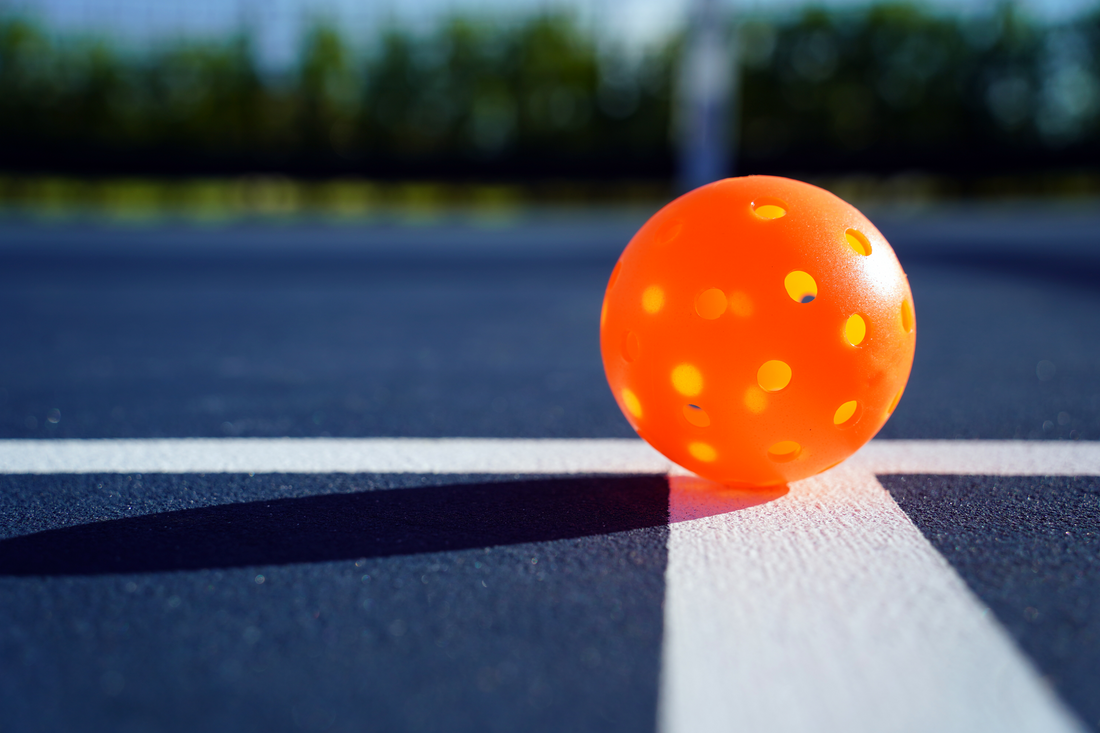Pickleball is quickly becoming a favorite sport among adults, but it’s also gaining popularity with younger players. As more parents and educators recognize the benefits of engaging children in physical activity, pickleball is emerging as an excellent choice for youth development.
This dynamic and accessible sport offers a unique blend of physical, mental, and social benefits, making it an ideal activity for kids. Here’s why pickleball for kids is more than just a game—it’s a tool for development itself.
Physical Development
Pickleball is a sport that promotes overall physical fitness. The game’s nature requires quick reflexes, agility, and endurance, all of which contribute to a child’s physical development.
Unlike some other sports that may focus on specific skills or muscle groups, pickleball offers a well-rounded workout. Children who regularly play pickleball improve their cardiovascular health, hand-eye coordination, and motor skills. These physical benefits are essential for growing children, laying the foundation for a healthy lifestyle.
Additionally, pickleball is low-impact, reducing the risk of injuries that can occur in more high-intensity sports. This makes it an appealing option for younger kids who are still developing their coordination and strength.
The sport’s smaller court and slower pace, compared to tennis, for example, mean that children can play without overexertion, allowing them to enjoy the game while staying safe.
Mental Benefits
Beyond physical fitness, pickleball for kids offers significant mental benefits. The game requires strategic thinking, quick decision-making, and focus. As children learn to anticipate their opponent’s moves and react swiftly, they develop critical cognitive skills.
This strategic aspect of the game helps improve concentration and problem-solving abilities, which can translate into better performance in academic settings.
Moreover, the competitive yet friendly nature of pickleball teaches kids about managing emotions, whether it’s dealing with the excitement of winning or the disappointment of losing. Learning to cope with these feelings in a healthy way builds emotional resilience, a vital skill for enduring life’s challenges.
Social Development
One of the standout aspects of pickleball is its social inclusivity. The game can be played in singles or doubles, promoting teamwork and communication among players.
For kids, this means learning to collaborate with others, understand different perspectives, and work towards common goals. These social skills are invaluable, fostering a sense of community and belonging.
Pickleball also offers opportunities for children to interact with players of different ages and skill levels. The sport’s welcoming atmosphere encourages intergenerational play, where kids can learn from older players and mentor younger ones. This interaction helps build social confidence and teaches respect for others, regardless of age or experience.
Accessibility and Inclusivity
One of the key reasons pickleball is ideal for kids is its accessibility. The rules are simple, and the equipment is easy to handle, making it a sport that children of all abilities can enjoy. Whether a child is new to sports or already athletic, pickleball offers a level playing field where everyone can participate and succeed.
Furthermore, pickleball courts are relatively small and can be set up in various environments, from school gyms to community centers and backyards. This flexibility makes it easier for kids to play regularly, encouraging consistent physical activity.
Encouraging Lifelong Fitness
Introducing children to pickleball at a young age instills a love for physical activity that can last a lifetime. The fun and engaging nature of the game makes it more likely that kids will continue playing as they grow older. In an era where sedentary lifestyles are becoming increasingly common, encouraging children to be active through enjoyable sports like pickleball is crucial for their long-term health and well-being.
Pickleball for kids is more than just a sport; it’s a platform for youth development. From physical fitness and mental acuity to social skills and emotional resilience, the benefits of pickleball are diverse.
As parents and educators seek activities that contribute to children’s growth, pickleball stands out as an exceptional choice. Its accessibility, inclusivity, and fun factor make it an ideal sport for nurturing well-rounded, healthy, and confident young individuals. Whether on the court or off, the lessons learned through pickleball can positively impact kids for years to come.
Ready to introduce your kids to the fun and benefits of Pickleball? Visit Kona now to explore top tips and gear to get them started on the right foot!
References: KONA

